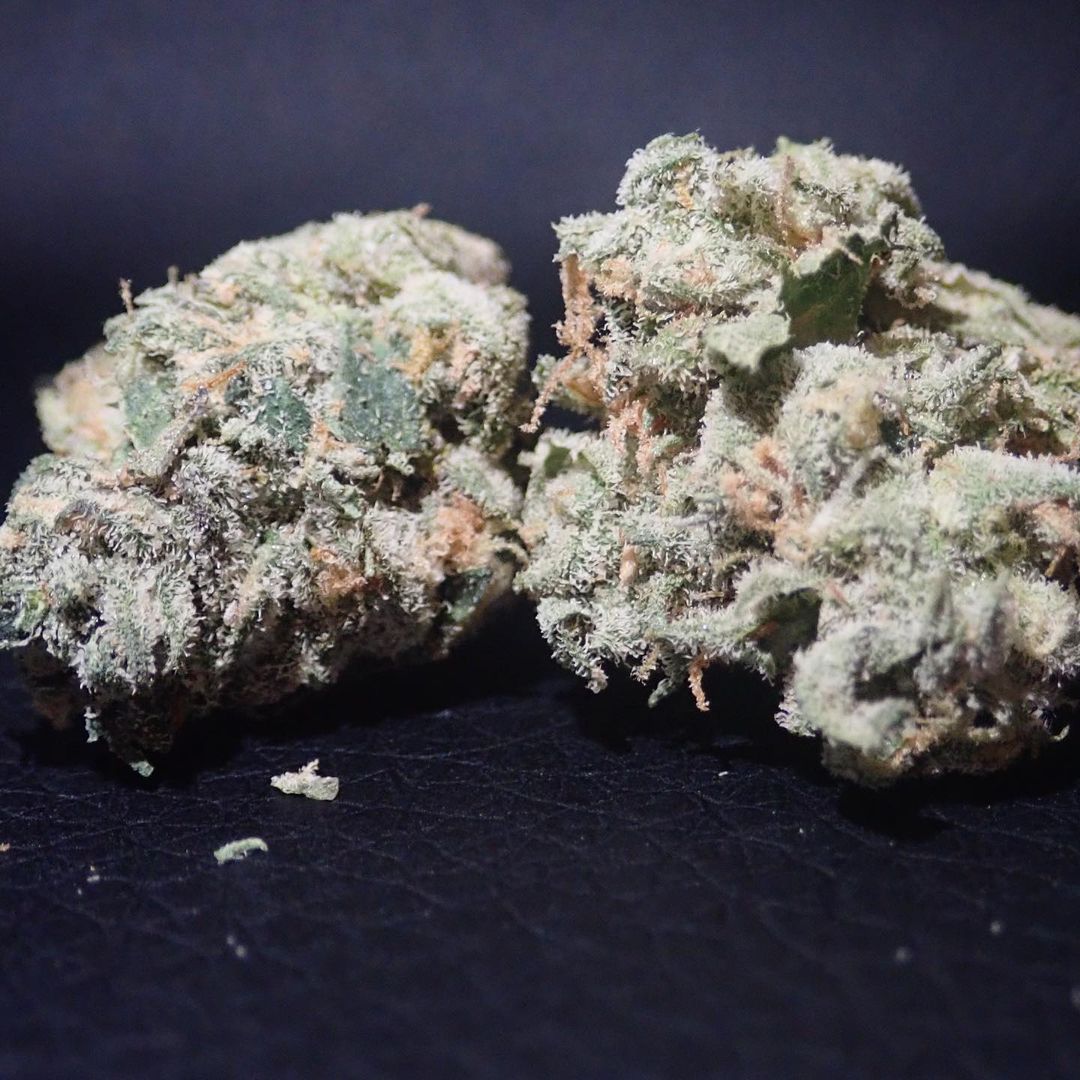
Through the channeling of Gurudus by Kevin Ryerson (1983), it’s told mugwort affects all subtle bodies and is associated with the 6 th chakra – the third eye. Mugwort offers protection while conducting spiritual work, and is used to purify spiritual tools.

According to lore, the herb was used to enhance psychic abilities such as clairvoyance and clairaudience, while helping you cross the threshold from the visible to the unseen – inducing lucid, prophetic dreams, while aiding in astral travel. I have to wonder if there’s a little Witch in all us herbalists – I just can’t help but find the mystical and spiritual aspects of a plant so thrilling, and I know I’m not alone.īeing a lunar herb, mugwort is considered a bridge to other realms. Keep your doctor and pharmacist informed of your use of medicinal herbs. If you intend on working with mugwort therapeutically, do so safely and under the guidance of your qualified medical herbalist or other healthcare provider. Due to the sesquiterpene lactones, mugwort is a potential allergen in sensitive individuals, particularly if there is a known allergy to other plants in the asteraceae family (Ganora, 2009)Īs always, this content is for informational purposes only.Due to its stimulating effect on the uterus, mugwort should not be used in pregnancy.This is due to the thujone content, a volatile oil that can be neurotoxic if taken in excess (hence a blended tea is a safer option) Mugwort should not be used in high doses or frequent use.

Mugwort can be smoked, or taken as tea or tincture. There is a much more detailed m onograph on mugwort and its medicinal benefits here.

LUCID BLUE STRAIN SKIN
In Traditional Chinese Medicine, mugwort is used in a healing therapy called moxibustion, whereby the dried herb is burnt in close proximity to the skin to amplify the effects of acupuncture and promote the flow of chi. Mugwort leaves also have diuretic, antiseptic, antiparasitic and antifungal properties. Mugwort has a relaxant and mildly sedating effect on the nervous system, and is suited to those who may be highly tense, stressed and anxious with difficulty getting to sleep. Mugwort supports female reproductive health by acting as an efficient emmenagogue (a herb that stimulates menstrual flow), bringing on a delayed period whilst increasing blood circulation to the pelvis to bring warmth, reduce stagnation, relieve menstrual cramps and ease pain. You may spot mugwort in a formula for digestive bitters – perhaps alongside herbs such as elecampane, dandelion and gentian. With the added influence of the volatile oil content, mugwort is ideal to support a healthy appetite whilst addressing common digestive complaints such as indigestion, bloating, belching and gas. Thanks to its bitter principles (the sesquiterpene lactones), it promotes secretions throughout the gastrointestinal tract (stomach, pancreas, liver and gallbladder), aiding in constipation and assimilation of nutrients. Mugwort is regarded as a digestive aid first and foremost. This means the bitterness provides cooling, drying effects to the tissues while the aromatics are warm and dispersive. Mugwort tea tastes slightly bitter with some pungency due to the presence of essential oils. Dried mugwort leaves and flowering tops - they have a fluffy, downy texture 🍃What does mugwort tea taste like? Aside from being taken for its therapeutic effects, mugwort is a highly renowned dreaming herb. Mugwort tea is a herbal infusion prepared from the fresh or dried leaves and flowering tops of the Artemisia vulgaris plant. Mugwort’s botanical namesake is the Greek Goddess Artemis, goddess of nature, the moon and women of childbearing age – giving a hint as to its traditional uses in supporting menstrual cycles.Īlthough there are hundreds of species of Artemisia, it is the common mugwort we’re focusing on today. This was a plant called on for ritual and ceremony, used to make incense and smoke bundles to purify the sick and keep bad spirits at bay. It was referred to as “mater herbarum” (the mother of herbs) in the Middle Ages. Mugwort has a long history of use in herbal medicine and is equally as revered for its spiritual properties.

It is a rather tall plant with robust roots, a silvery underside to its leaves (a lunar herb signature) and can become quite an invasive species. Mugwort is a member of the asteraceae family native to Europe and Asia.
LUCID BLUE STRAIN HOW TO
Have your dream journal at the ready, I’ll show you how to make mugwort tea, and wax lyrical on the spiritual and magical properties of this wonderful plant. And if there were one herb to help aid the development of prophetic dreams – it would be mugwort, Artemisia vulgaris. ☁️ They say that if you can remember a dream, it wasn’t but a dream – it was a message. If you’re seeking prophetic and magical dreamscapes, read on, I’ll show you how to make mugwort tea for lucid dreams in higher realms! Mugwort lucid dreaming tea blend


 0 kommentar(er)
0 kommentar(er)
